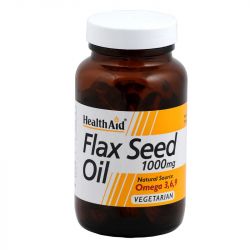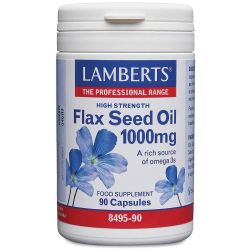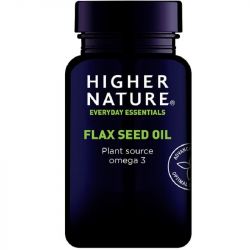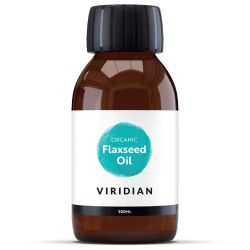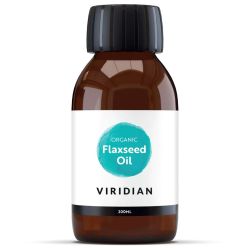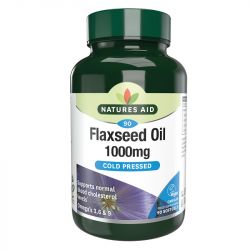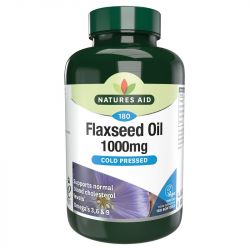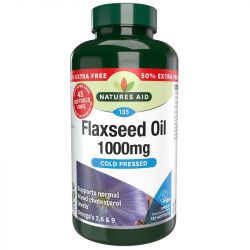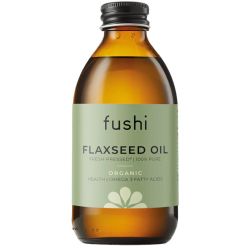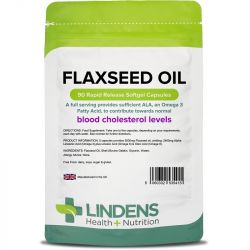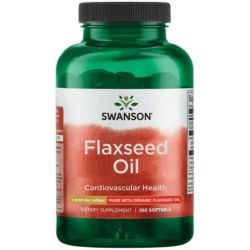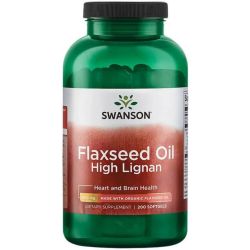Flaxseed
Flaxseed is commonly used to relieve digestive issues such as constipation. You can buy flaxseeds from the supermarket but it is generally recommended that you grind up the flaxseeds to improve digestion of them; whole flaxseeds can’t always be follow broken down as they pass through the gut so taking them whole might mean you don’t get the full benefit from them.
Flaxseeds are also a source of magnesium amongst other key minerals. Magnesium can also contribute to helping muscles to relax which in turn can help relieve constipation naturally.
Many flaxseed supplements come in an oil form. This maximises the absorption and thus the benefits of taking a flaxseed supplement.
All you need to know about Flaxseed
Are flaxseeds good for weight loss?
Flaxseeds are around 15% protein. Protein tends to make people feel more full and thus can suppress your appetite and help with weight loss.
Flaxseeds contain monounsaturated fats which help to lower cholesterol and are good for you.
Can flaxseeds be eaten whole?
Flaxseeds can be eaten whole and you should still extract most of the digestive benefits from doing so. That said if you chew them well or grind them before eating them they you are more likely to extract the full benefits of flaxseeds, including the essential fatty acid content of the flaxseeds.
Can flaxseeds cause diarrhoea?
Flaxseeds contain fibre and should help to improve the function of the digestive system. That said, too much can be a bad thing and it is possible that increasing your flaxseed intake will result in diarrhoea or other gastrointestinal issues such as bloating or nausea.
Does flaxseed lower blood pressure?
There are studies that have found that flaxseeds do help to lower blood pressure and cholesterol. Flaxseed contains Alpha-Linolenic acid which is an antioxidant that can help reduce the instance of heart disease. In addition flaxseeds have been found to lower cholesterol due to their monounsaturated fat content which in turn can help to lower blood pressure too.

